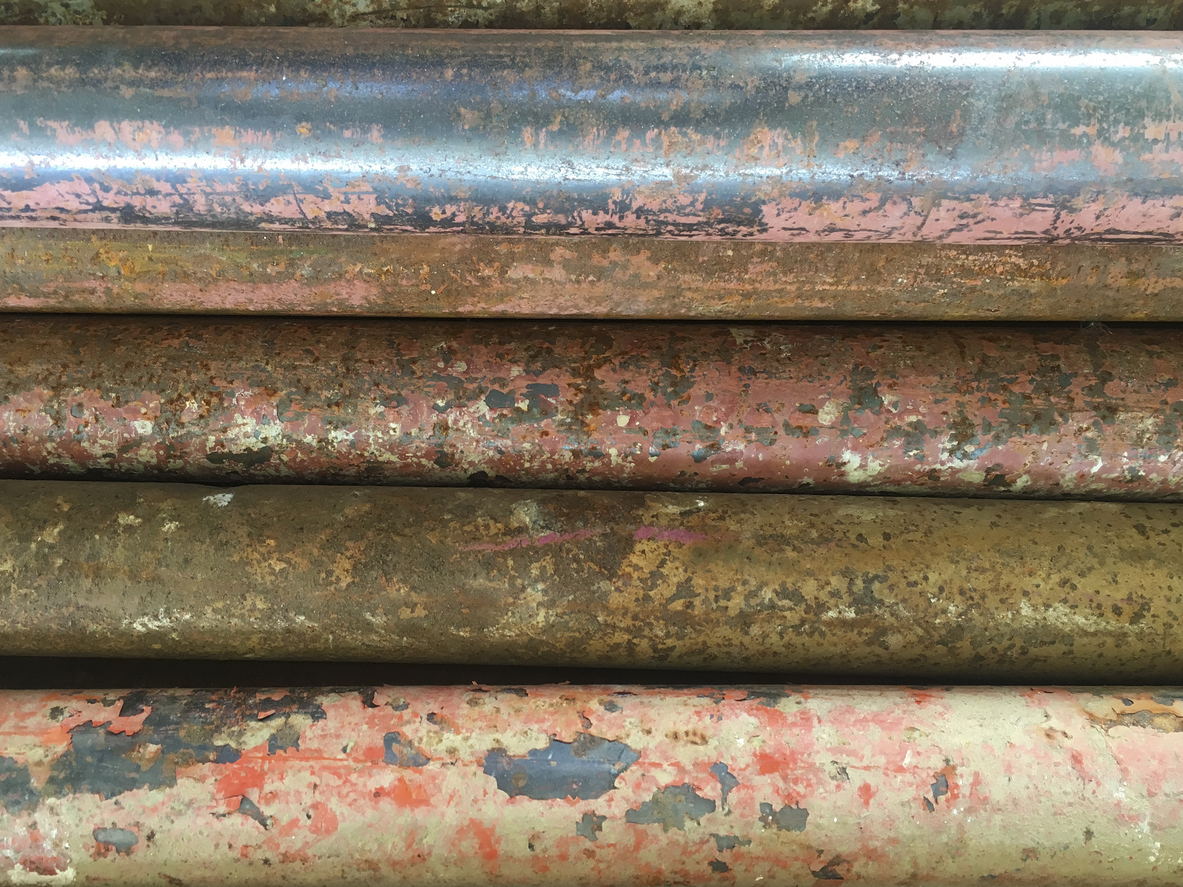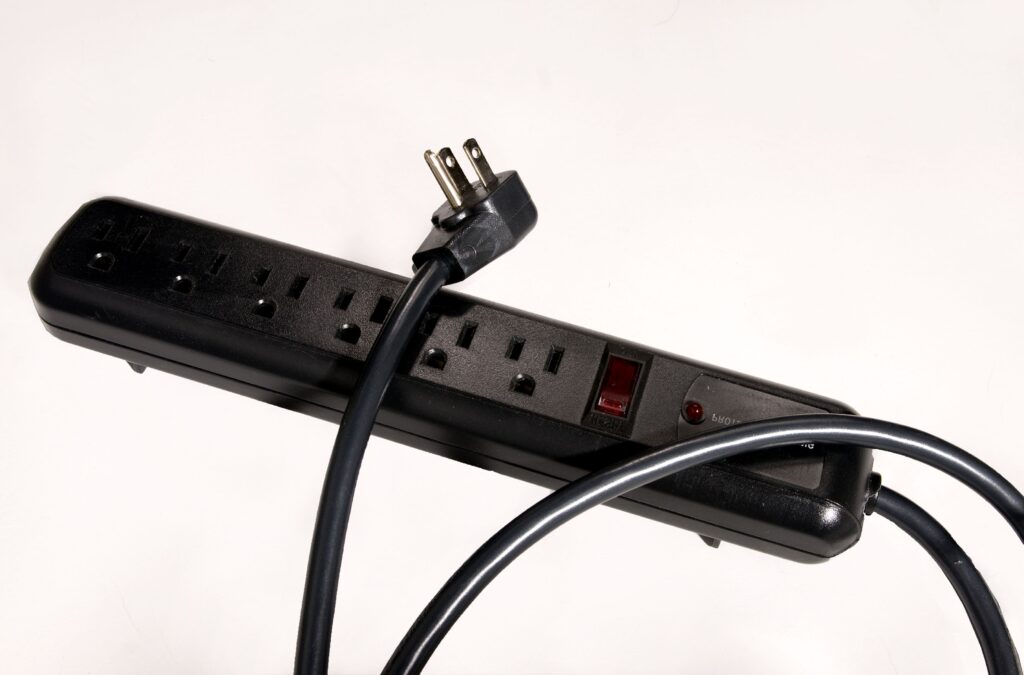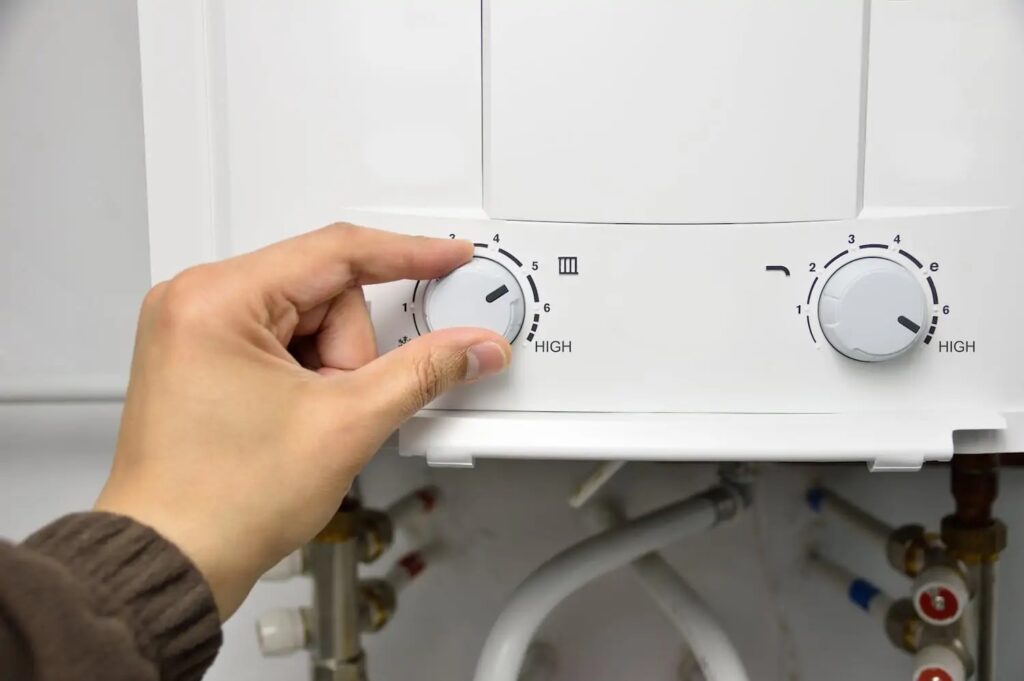
At Cranney Home Services, we understand the importance of maintaining your plumbing and sewer systems to prevent costly repairs and replacements. From leaky faucets to major sewer line issues, our team of experienced plumbers is here to help with all your plumbing needs. In this blog, we’ll discuss one of the most common plumbing problems homeowners face: pipe corrosion. We’ll cover common questions about pipe corrosion, including what causes it, how to tell if you have corroded pipes, and what you can do to prevent or repair it.
If you suspect your pipes are corroded, don’t wait until it’s too late. Contact Cranney Home Services today at (978) 750-6900. Our team is available for all your plumbing and sewer needs.
What Are the Most Common Causes of Pipe Corrosion?
Whether you have a historic home retrofit with modern plumbing or your domicile is a newer build, you will inevitably experience pipe corrosion. There are so many factors that come into play with underground plumbing that can put your pipes at risk of faster wear and tear:
- Hard water: Water considered “hard” contains high levels of dissolved minerals, such as calcium and magnesium, which can cause scale buildup inside pipes. Over time, this buildup can lead to corrosion and leaks.
- Water with a low pH level: Also considered acidic, it can corrode pipes over time. In New England, acidic water is more common in granite or quartz bedrock areas.
- Dirt & moisture: Pipes buried underground or in damp areas are susceptible to corrosion from exposure to soil and water. It can be particularly problematic in MA due to our rainy and humid climate.
- Degradation of pipes: Pipes naturally worsen over time and can become more susceptible to corrosion as they age. This is particularly true for older homes in New England, where many homes have plumbing systems that are several decades old.
- Exposure to certain chemicals: Chemicals like chlorine or chloramines used in water treatment can also cause pipes to corrode over time. In New England, water treatment processes can vary by location. Some areas may use more aggressive treatment methods that can contribute to pipe corrosion.
How Can You Tell if Your Pipes Are Corroded?
Salem’s historic homes are famous worldwide, but what admirers can’t see in a photo are crumbling, decades-old plumbing systems. So, how do you know if your historic home has corroding pipes without waiting for a disaster? Here are some signs to look for:
- Low water pressure: Corroded pipes can obstruct or clog, reducing water flow and pressure.
- Rusty or discolored water: If your water is discolored or has a metallic taste or odor, it could be a sign that you have corrosion and rust entering the water supply.
- Water has a foul smell or taste: Corroded pipes can release sediment and other materials into the water supply, resulting in an unpleasant odor or taste.
- Leaks or cracks in the pipes: Corrosion can weaken pipes, leading to cracks, leaks, or even burst pipes. It could indicate a leaking pipe if you notice water stains or damp spots on walls, floors, or ceilings.
- Unusual sounds coming from the pipes: Corroded pipes can make unusual sounds, such as banging or clanging noises, due to the buildup of sediment and other materials inside the pipes.
- Higher water usage: If you notice a jump from one month to the next on your utility bill, you might have a leak from corrosion.
What To Do if Your Pipes Are Corroded
Are you experiencing any of the above? Then, you might have pipe corrosion in your plumbing system. We recommend calling a professional plumber immediately so they can thoroughly inspect the plumbing system to determine if the pipes are corroded and to what extent. Depending on the severity of the corrosion, the plumber may recommend repairing or replacing the affected pipes. In some cases, a simple repair may be sufficient. However, in more severe cases, replacement may be necessary.
How Can You Prevent Pipe Corrosion?
One Call to Cranney Does It All
Don’t wait until you are dealing with a burst pipe before calling a plumber! Let the skilled plumbers at Cranney Home Services inspect, repair, maintain, and replace your pipes as they show signs of wear and tear.
Call us at (978) 750-6900 to schedule your maintenance today!






